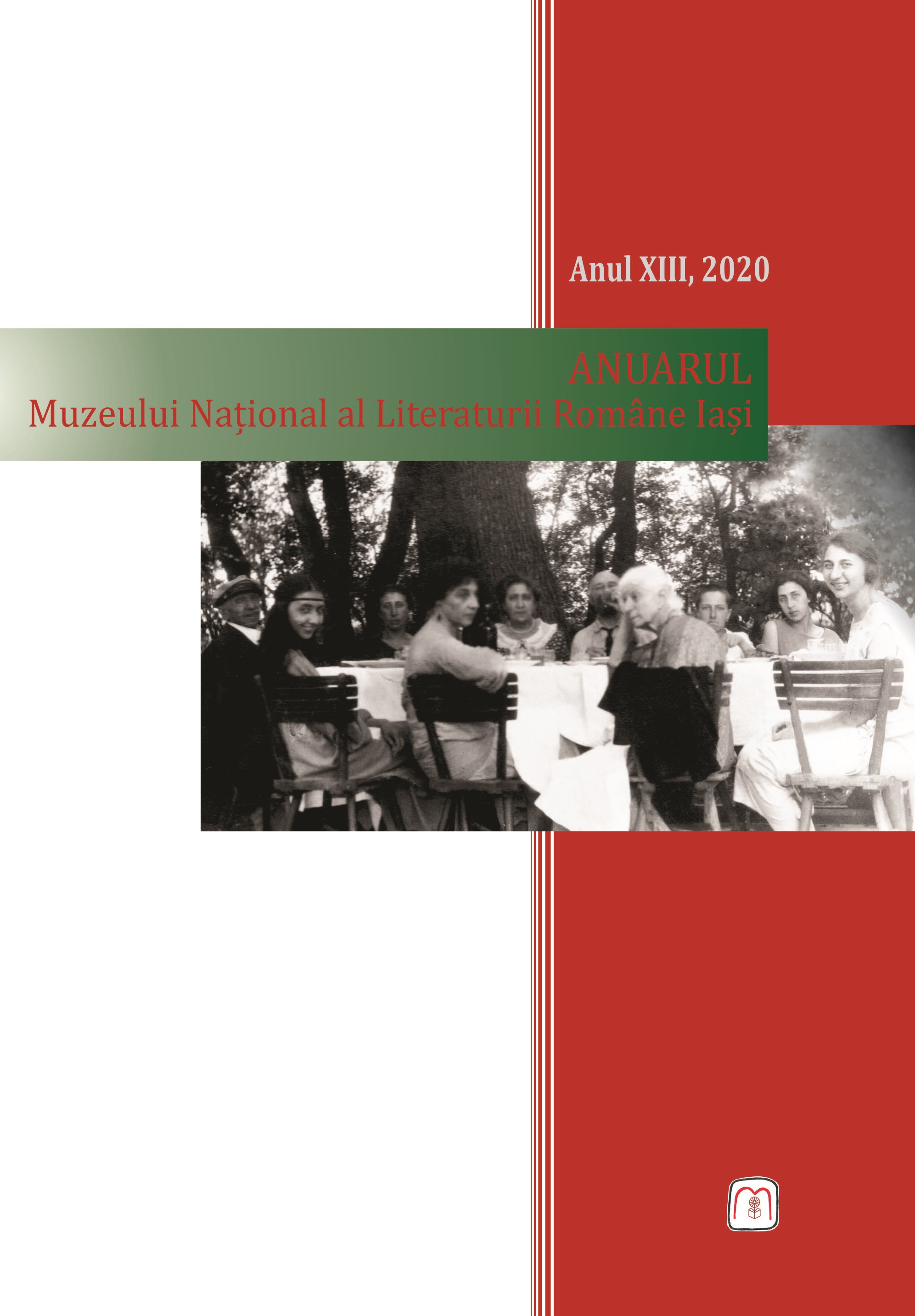Martie 1848 după decembrie 1989. Evenimentele de la
Iaşi în istoriografia românească postcomunistă
March 1848 after December 1989. The Events of Iași
in the Romanian Post-Communist Historiography
Author(s): Mircea-Cristian GhengheaSubject(s): History, Social history, Recent History (1900 till today), Transformation Period (1990 - 2010)
Published by: Editura Muzeelor Literare
Keywords: Revolution; Iaşi; March 1848; December 1989;re-evaluation;
Summary/Abstract: The necessity of a historiographical re-evaluation of the 1848 events in the Romanian space was underlined even in the first decade after December 1989. Whether we consider the quite contested manner of the so-called demystifying approaches and pre-sentations, regarded and labelled as attacks against the fundamental reference points of the nation’s history, or we refer to various judgements and analyses registered after the dissipation of the “shocks” produced by the apparition of the demystifying trend, one must accept that no matter the position on the dispute between the “old” and the “new” Romanian historiography, the idea concerning the reconsideration of the multiple significations (national, political, diplomatic, social, etc.) of the events of 1848 is more than actual. In this context in which there were brought into discussion not only the unitary character of the events of 1848-1849, but also their revolutionary essence, what happened in March 1848 in the capital of the Principality of Moldavia acquires a particular importance even solely considering the role and the place that this issue used to hold within the historiographical construction prior to the year 1990. Regarded even as a trigger signal for the entire Romanian revolution, the events of Iaşi have gradually undergone a more and more consistent and thorough process of re-evaluation, being questioned both from the point of view of their chronological primacy and the reasons which led to their appreciation as having a true revolutionary character. From here to the vehement contestation, by various authors, of the impact of the actions unfolded at that time in the Moldavian capital there was only one step. Nevertheless, any process of real re-evaluation and more balanced appreciation of what happened 170 years ago should take into consideration not only the quantity and the quality of the historical writings from the last decades, but also the revision of the documents from that time as well as the verification of the veracity of the information provided with or without a certain interest those involved and by the press of the time.
Journal: Anuarul Muzeului Naţional al Literaturii Române laşi
- Issue Year: XIII/2020
- Issue No: XIII
- Page Range: 7-12
- Page Count: 6
- Language: Romanian

